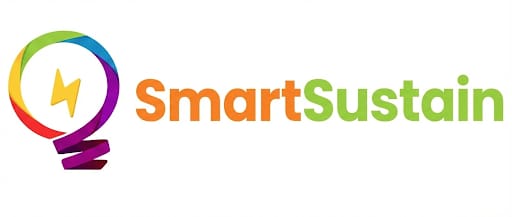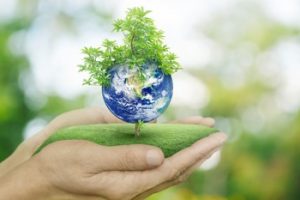There are a few basic necessities of life in order to survive and water is one of them. As we know, there are a lot of regions of different countries that are facing the problem of water scarcity and water sanitation today. In these circumstances full of struggle, End Water Poverty(EWP), an international campaign calling for sanitation and potable water for all. UN figures show that worldwide, 2.6 billion people live without anywhere to excrete in a sanitary manner and over one billion have no safe water to drink. And as a part of the awareness related to the campaign, #ActionForTomorrow was trending on Twitter today.
Access to safely managed water and sanitation services are human rights. Sanitation is a human right. And the End Water Poverty campaigns for the human rights to water and sanitation to be respected, protected and fulfilled. In July 2010, the United Nations General Assembly recognized the human right to water and sanitation. The right is fundamental to the realization of all human rights and has been implicitly and explicitly recognized in treaties and conventions from 1948’s Universal Declaration Of Human Rights through to the 2012 Rio+20 summit outcome document, The Future We Want. But many countries are failing to live up to legal obligations they endorsed. They are failing to take the steps necessary to ensure the human right to water and sanitation is realized.
EWP contributes in following ways to tackle this problem of water poverty :
- EWP members are engaged in campaigning for human rights to be incorporated in national constitutions, WASH policies and procedures.
- EWP along with its members holds governments and service providers (public or private sector as well as charities) accountable to provide WASH services for the most marginalized and vulnerable groups (such as ethnic minorities, refugees and migrants, prisoners, elderly, slum dwellers, etc.).
- EWP engages with the UN Special Rapporteur on Human Rights to Safe Drinking Water and Sanitation, other UN agencies and organizations to share ideas and raise issues from member countries.
- EWP engages with other civil society movements and networks to collaborate on common ground issues through joint statements, petitions as well as research and learning.














Add Comment